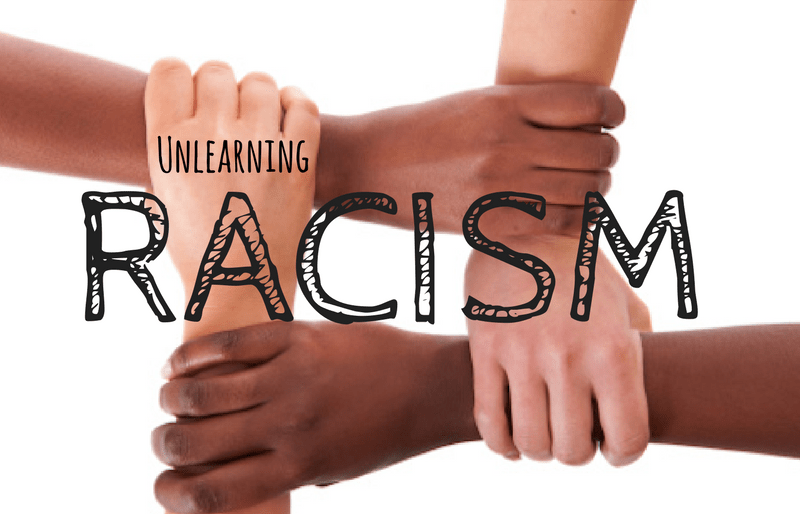|
Getting your Trinity Audio player ready...
|
By: Nathaniel Ballantyne
No one is born a racist; a person learns to be a racist. Consequently, racism is a learned behavior that could be unlearned according to
Jeni Cross, a sociologist at Colorado State University, who found an effective approach in her college course “Social Production of Reality.” For twenty years, Professor Cross has taught students to be aware of their thoughts and judgments and how those thoughts shape their actions.
Anti-racism protests fueled by police violence against African Americans encouraged many Americans to ask how they can be more sensitive to members of different racial groups. Professor Cross believes she has found a way to teach college students to unlearn racism. Her SPR class does not focus on race, but explore theories which emphasize the social nature of reality. One example she said is the Thomas theorem, which states that when people define a situation as real, then it is real in its consequences.
Many of her students admitted that the class has changed their views and increased awareness of their own thoughts and efforts to suspend judgment. They made new efforts to listen and understand the viewpoint and experiences of others. Many also described taking new actions based on seeing their own privilege more clearly.
One student said, “I will remember that some people’s reality is different and not the same as mine. I learned a lot about others culturally and may be a glimpse of what it’s like to be a minority or ‘different’ somehow. That has helped me to be more compassionate.”
Professor Cross used a survey to compare how students’ attitudes changed in various social science classes – not just her own class and discovered that student attitudes about their political ideology, empathy, and race changed very little after most classes. Her course stood out because attitudes related to both race and empathy improved substantially according to the survey.
During a recent interview, she used this analogy “Take baseball. For example, fans may argue with the umpire’s call, but we agree to give the umpire authority. So the scoreboard and history books record that call, thus making it a reality. Believing that there will be a toilet paper shortage can create one if enough people believe it, even when the supply of toilet paper hasn’t changed. Race, like baseball and toilet paper shortages, becomes real because of how we see it, define it, and then act toward each other based on those meanings.”
Sociologists Michael Omi and Howard Winant wrote, “Race is not something rooted in nature…but it is not an illusion. While it may not be real in a biological sense, race is indeed real as a social category with definite social consequences.” Race is created not from our biology, but from the ways in which we understand ourselves, interact with others, and build our society.
Race matter because we are “constantly reinforcing the idea of race and our individual identities. While our racial identities cannot be identified by genetic uniqueness, we have taught ourselves to see race in our skin color, facial features, hair texture, and culture. Race then becomes socially and culturally real, with some really unjust consequences. Blacks are 3-5 times more likely to be arrested for possession of marijuana than whites. Black women are three times more likely to die in pregnancy-related death than white women. These facts are real, and they are produced not by biology but by social relationships, health and environmental inequalities, policies and institutional practices that treat Black men and women differently than white men and women.”
We are faced with a paradox. “As long as we see and label race, we then act as though it is a meaningful difference, which ultimately produces unequal consequences. In contrast, if we act as though we don’t see race or claim color blindness, we deny that race is a vital social category in our culture, which shapes all our lives.
Sociologist Eduardo Bonilla Silva argued that developing empathy with others is one prerequisite for redefining the racial order. While the students in my class call it tolerance, their descriptions are better-named empathy.”
Can a student unlearn racism in one semester? One semester is all it takes, said professor Cross to “learn to become aware of your own thoughts and to actively choose to change your judgments and build a new capacity for empathy.” When we endeavor to deeply understand other people’s experiences, we also build the capacity and will for new actions. Like all things, it takes practice to make it a habit. All semester I tell the students, “In every moment, every interaction, you have a choice, a choice to repeat the scripts you were taught and reinforce our current social rules and experiences, or to choose a new path and create a new reality.”






